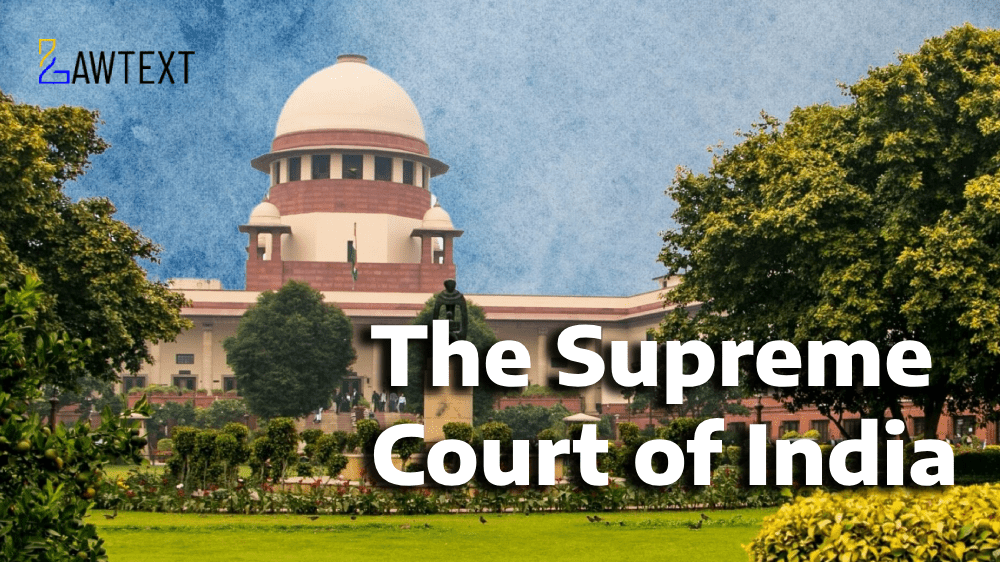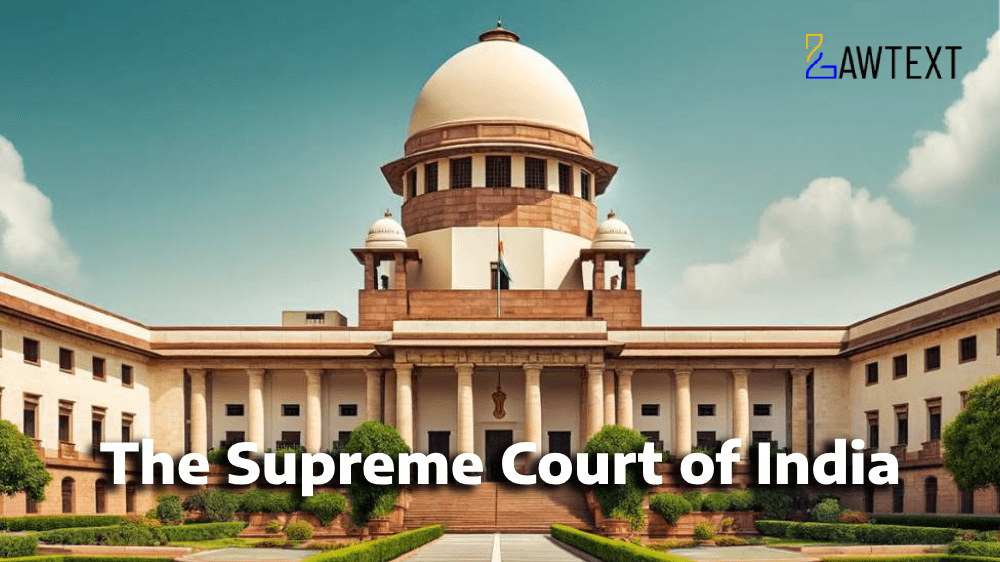Case Note & Summary
1. Background:
The appellant filed a suit (O.S. No. 610 of 2015) for specific performance of an agreement for sale dated 04.11.1996 and sought to set aside a subsequent sale deed dated 13.08.2003 executed by the first and second respondents in favor of the third respondent. The appellant also claimed possession of the suit property under the agreement of sale.2. Issue of Stamp Duty:
The agreement for sale was on stamp paper worth ₹200, which was insufficient according to Article 5(e)(i) of the Karnataka Stamp Act, 1957, as amended in 1995. The trial court, on 14.08.2015, imposed a penalty of ten times the deficit stamp duty, amounting to ₹14,38,000, in addition to the deficit duty of ₹1,43,800, totaling ₹15,81,800.3. Appellant's Argument:
The appellant challenged this decision in the High Court, arguing that the deficit stamp duty should be collected only at the time of passing the final judgment and decree and that the imposition of the penalty was erroneous.4. High Court's Decision:
The High Court rejected the appellant's plea, upholding the trial court's order.5. Supreme Court's Judgment:
The Supreme Court dismissed the appellant's appeal, confirming the trial court's imposition of the penalty under Section 34 of the Karnataka Stamp Act, 1957. The Court emphasized that once the appellant invited the court to decide on stamp duty at the interlocutory stage, Section 34(1) applied, leaving no room to opt for Section 37(2) later.
1. Filing of the Suit:
Appellant's Suit for Specific Performance: The appellant filed O.S. No. 610 of 2015 for the specific performance of an agreement dated 04.11.1996 and sought to annul a subsequent sale deed executed by the respondents.2. Stamp Duty Discrepancy:
Insufficient Stamp Duty: The agreement was executed on insufficiently stamped paper, which led to the trial court imposing a ten-times penalty on the deficit stamp duty under Section 34 of the Karnataka Stamp Act.3. Legal Arguments:
Challenge in High Court: The appellant contended that the penalty should not have been imposed and the deficit stamp duty should have been collected at the final decree stage.4. Court's Rulings:
Trial Court's Penalty Imposition: The trial court imposed a penalty, and this decision was upheld by the High Court. Supreme Court's Final Verdict: The Supreme Court dismissed the appeal, confirming the penalty was appropriate under the circumstances.1. Karnataka Stamp Act, 1957:
Section 34: Bars the admission of an insufficiently stamped instrument in evidence unless adequate stamp duty and the penalty are paid. Section 37(1): Pertains to the procedure to be followed when an instrument is impounded. Section 39: Grants the Deputy Commissioner discretion in determining the penalty on impounded instruments.2. Relevant Case Law:
Gangappa v. Fakkirappa (2019): Cited by the High Court to support the imposition of a ten-times penalty. Degambar Warty v. District Registrar (2013): Another case reinforcing the strict application of penalties for deficit stamp duty.
Issue of Consideration: N.M. THEERTHEGOWDA Versus Y.M. ASHOK KUMAR AND OTHERS
Premium Content
The Issue of Consideration is only available to subscribed members.
Subscribe Now to access critical case issues








